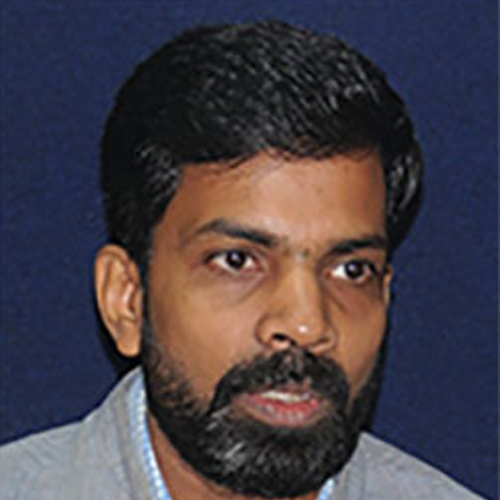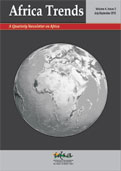India in the United Nations: Interplay of Interests and Principles
The year 2020 marked 75 years of India’s association with the United Nations. India was one of the founding members of the UN when its institutional edifice was built in 1945. Since then, the concept of UN centrality in international peace and security matters is one of the features of Indian foreign policy. Over the decades, India played an active role in the UN’s political process and significantly contributed to its policies and programmes. At the UN, India stood at the fore of the struggle against colonialism and apartheid.
- Rajeesh Kumar |
- May 2021 |











